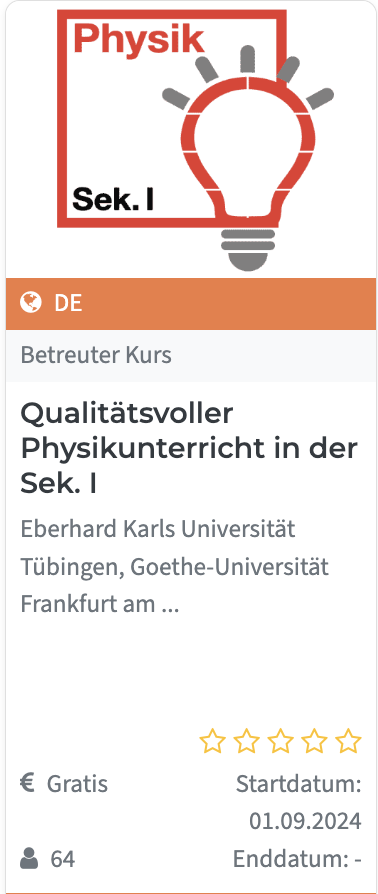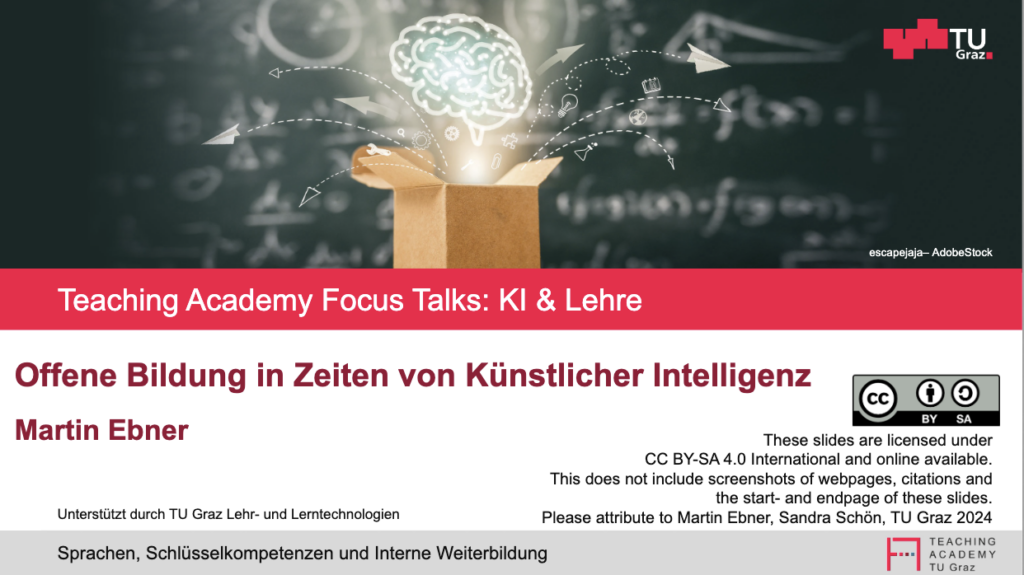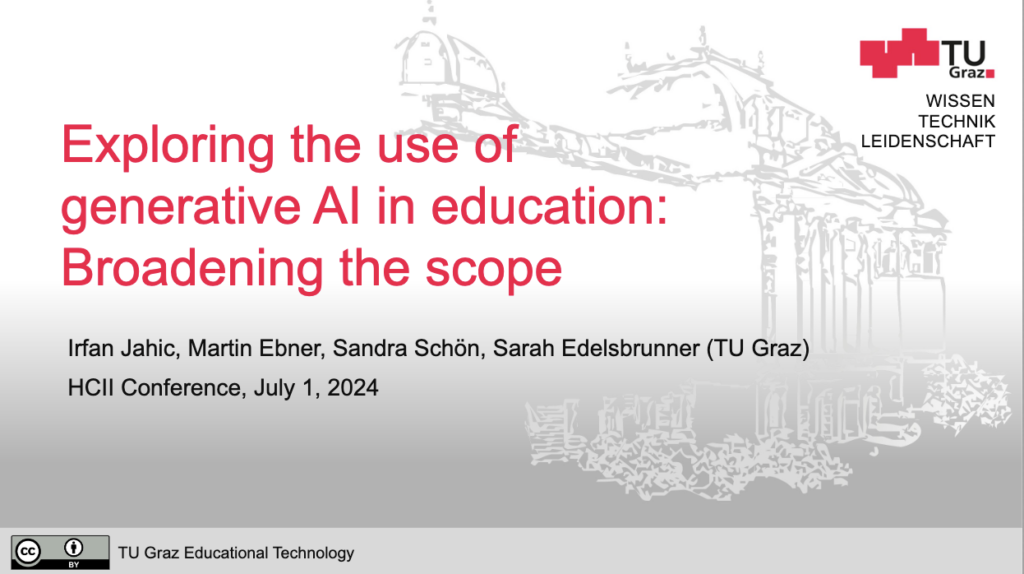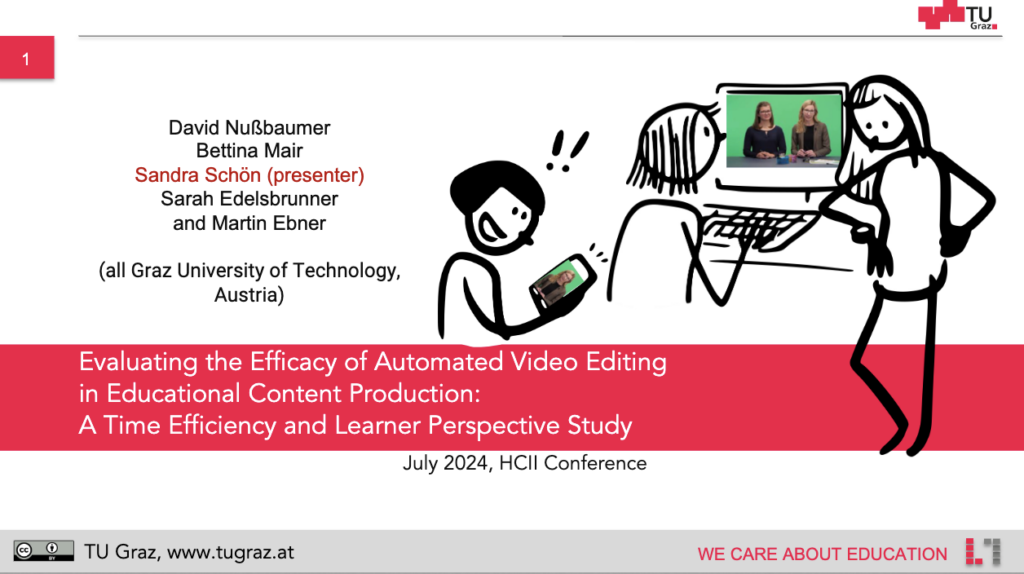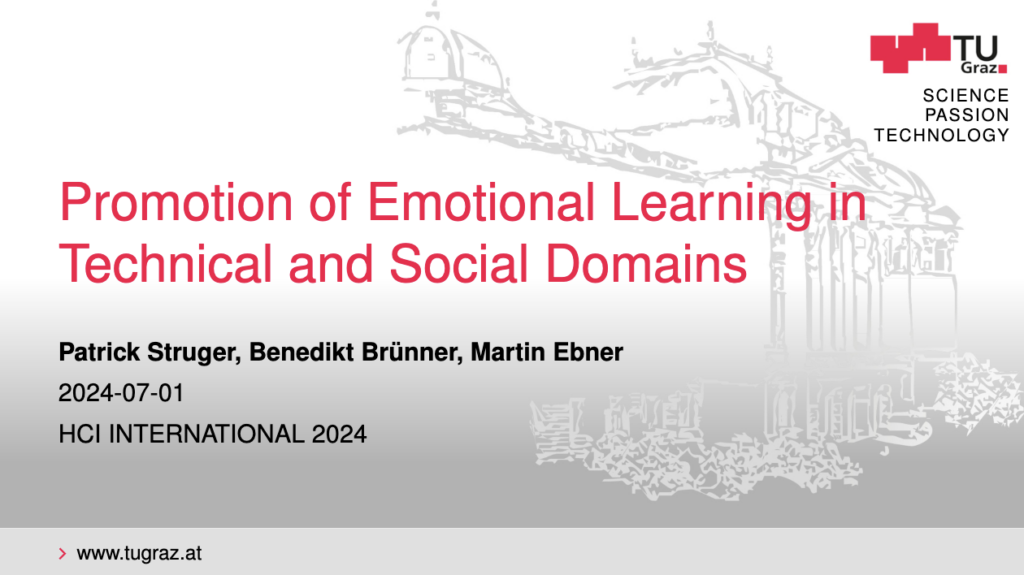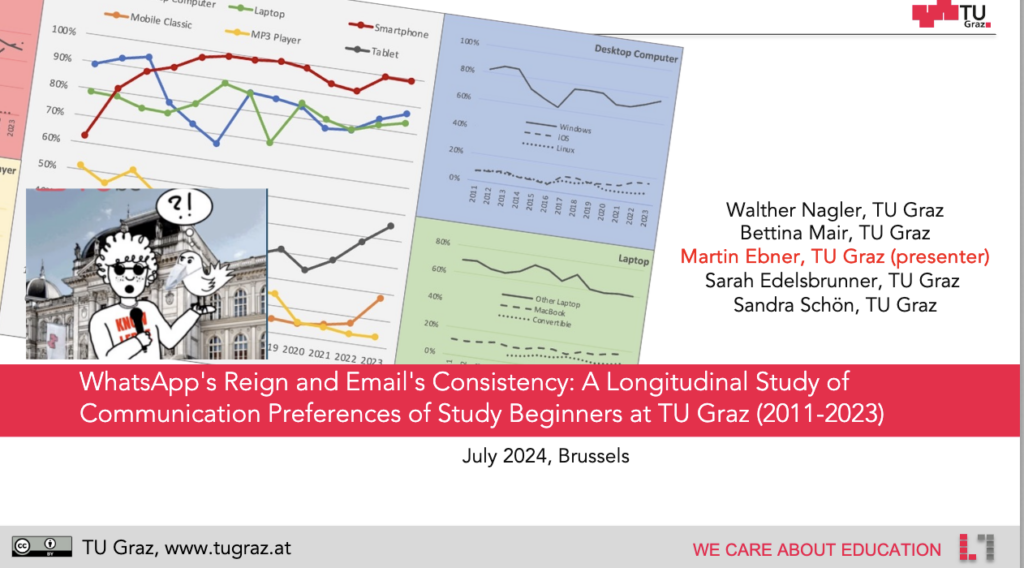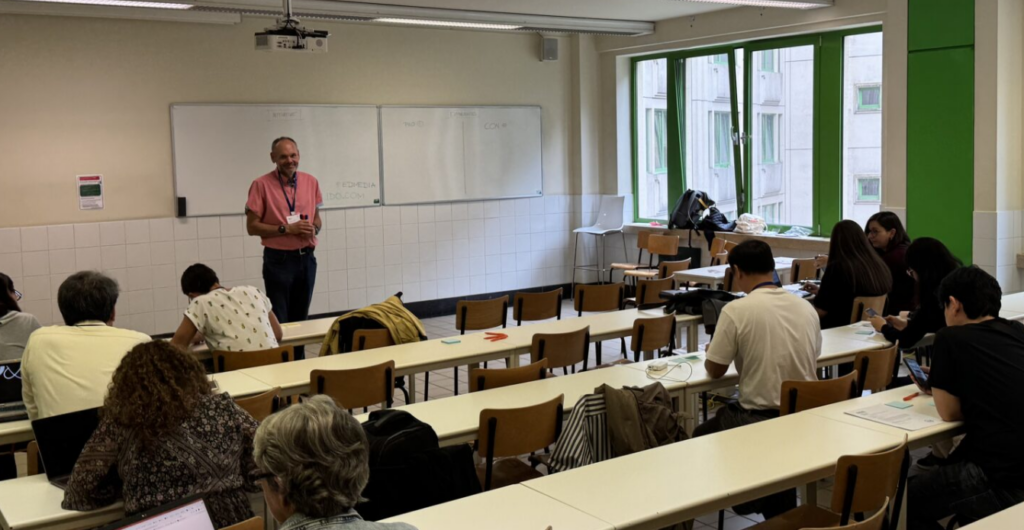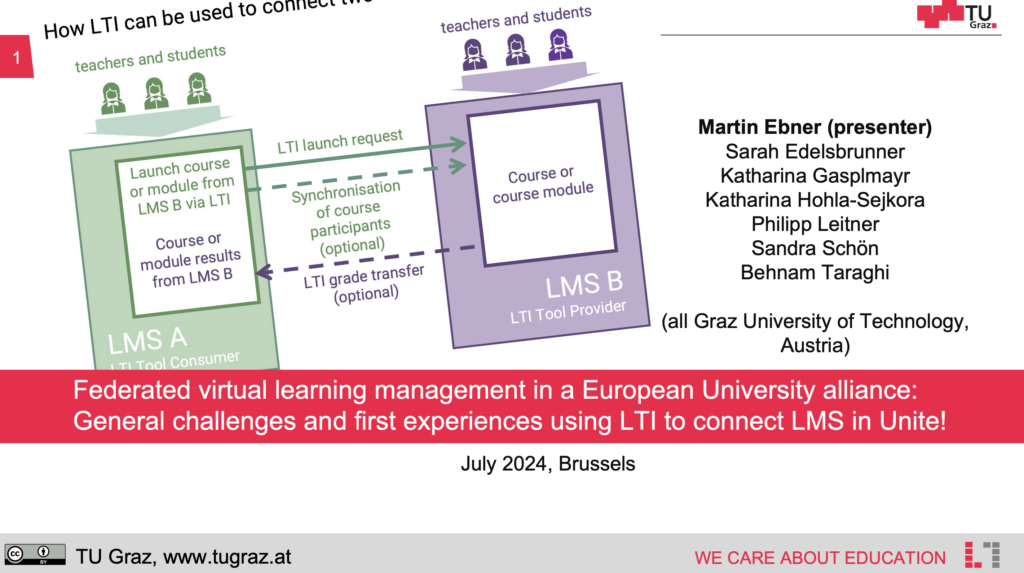Es freut uns, dass diese Woche der MOOC zu „Qualitätsvoller Physikunterricht in der Sek. I“ gestartet ist:
In diesem Mooc werden verschiedene Lektionen angeboten. Der Schwerpunkt sind die Themen, die die Qualität von Physikunterricht in der Sekundarstufe I beeinflussen. Unter anderem geht es um Lernendenvorstellungen, die Rolle von Mathematik im Physikunterricht, die Bedeutung von Aufgaben für Lernprozesse und das Interesse von Schülerinnen und Schülern. Es werden auch die wichtigsten Unterrichtskonzeptionen für die Sekundarstufe I vorgestellt. Es werden jeweils Videos, interaktive Übungen und Quizzes angeboten.
Der Mooc richtet sich an Lehrpersonen aller Schularten, die Physik in der Sekundarstufe I unterrichten. Daneben sind auch Studierende des Lehramts Physik in Bachelor und Master sowie Lehrende in der Physikdidaktik herzlich eingeladen, den MOOC zu absolvieren.
Das Zertifikat des MOOC ist für aktive Lehrpersonen an der PH Wien als Fortbildung anrechenbar.
Die vielen Kooperationspartner versprechen sicherlich einen tollen Kurs, darum gerne das kostenslosen Angebot wahrnehmen: [Anmeldung zum kostenlosen MOOC]

